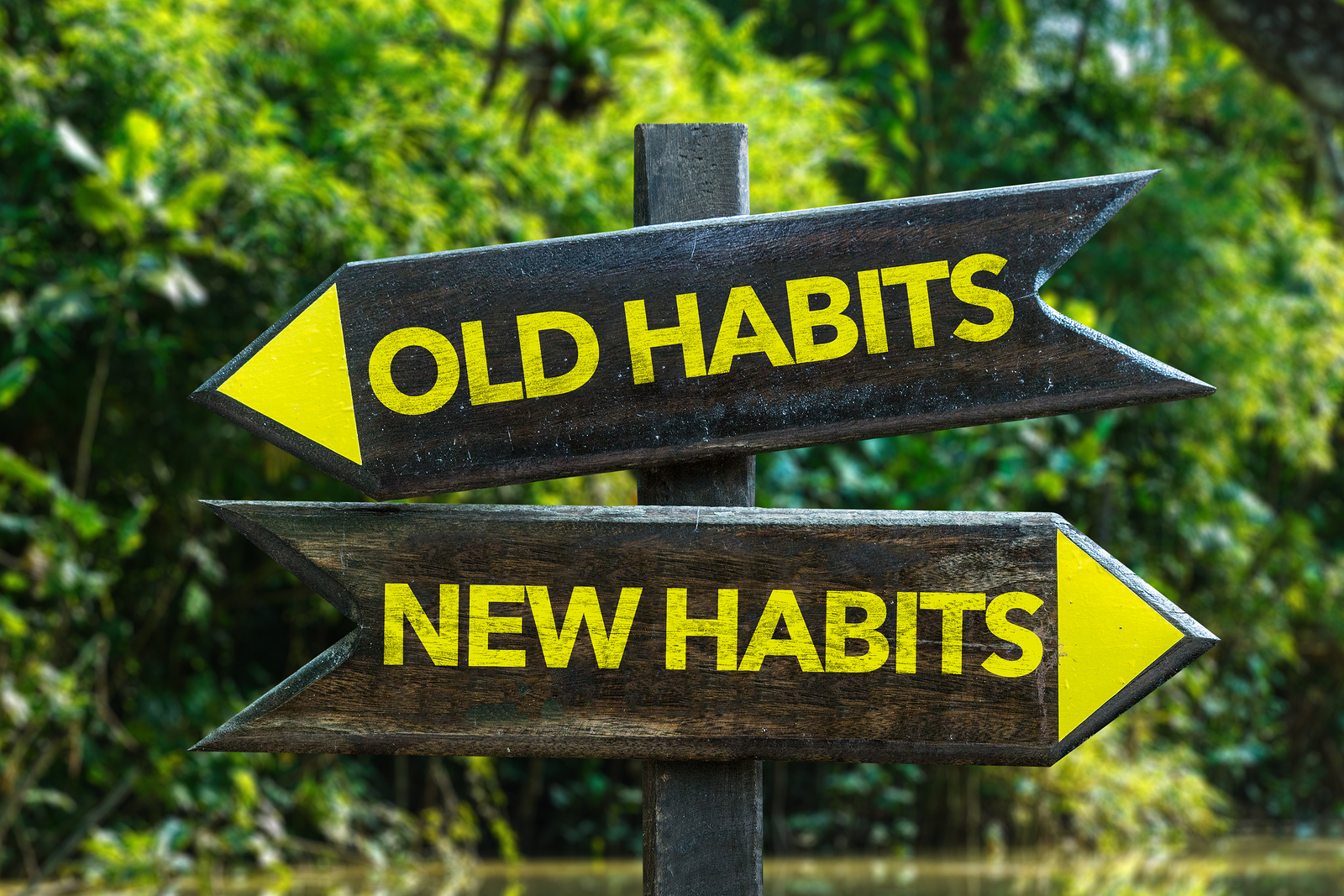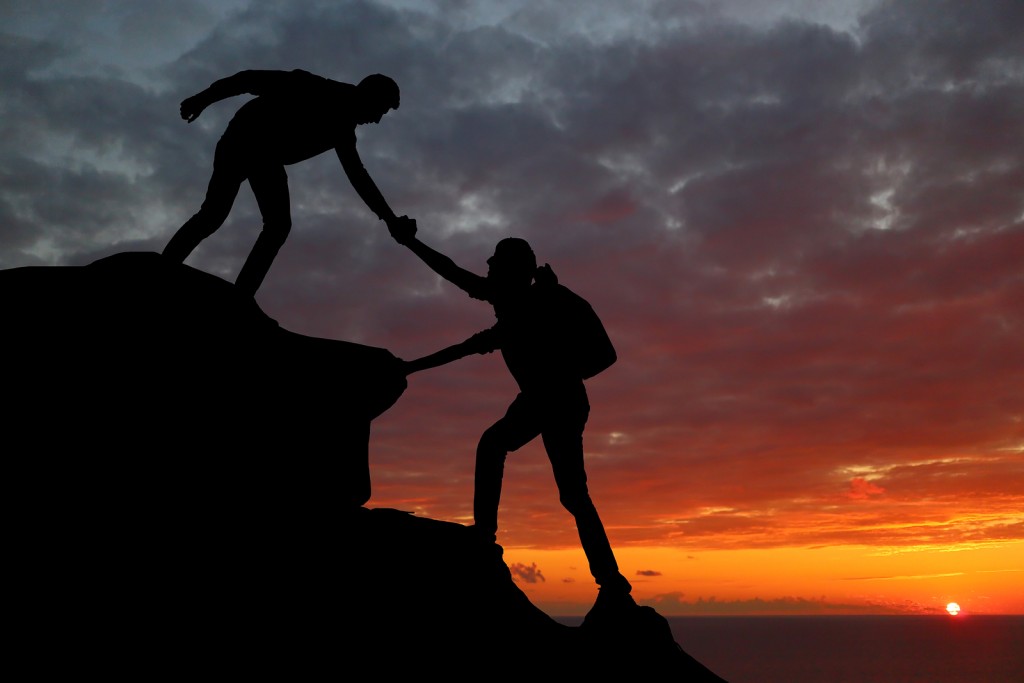
Recovery is an especially vulnerable time in the life of someone overcoming an addiction. Not only is it hard to reset the lifestyle you spent so much time living in, but it’s also difficult giving your brain the time and space it needs to rewire itself after the influence of substance abuse.
Throughout recovery, you learn about triggers, what they are and how they can compromise your recovery. Many people relapse during the first few months – not because they don’t desire recovery – but because triggers are so much more daunting when you’re actively working to avoid them. Knowing what triggers are in general, but more specifically knowing what your triggers are, is crucial to successfully working through recovery.
Triggers in addiction
So what is a trigger?
One study describes it well: “Understood as “a stimulus that elicits a reaction” (APA dictionary, 2019), the trigger is considered a key element in the craving response shown by [one battling addiction]. This external stimulus would lead the individual to repeat drug use or relapse after a period of abstinence. Addiction models constructed upon this observation consider the trigger as a stimulus able to activate drug-related memories leading to reward anticipation and craving responses.”
In other words, triggers are emotional responses elicited in the brain when someone experiences a moment related to old memories and feelings. Triggers are tied to our five senses: taste, sight, touch, smell and sound. So a trigger may be anything, from a person to a song to a certain kind of food. Even places can trigger feelings related to addictive behaviors.
During recovery, avoiding triggers as much as possible helps to reduce the temptation to fall back into bad habits. Avoiding every trigger can be nearly impossible, but you’ll be best equipped if you understand your personal triggers and have a plan for what you will do when they arise. Doing so will help prevent relapse and build stamina each time you successfully encounter and move on from triggers.
Identifying relapse triggers
Triggers don’t have to be physical locations. As stated before, they can be anything that elicits a memory or desire to return to substance use. Therefore, there are many different kinds/categories of triggers of which to become aware.
Environmental triggers
Understandably, these would be any location where substance use once took place, including:
- Bars and clubs
- A friend’s home
- Neighborhood park
- Your own home
- A restaurant
These places are not inherently bad, but they should be either avoided or visited with caution during recovery. When it comes to your own home, possibly having a family member deep clean and reorganize/revamp it while you’re in recovery could help minimize triggers and foster the environment of a fresh start when you return home.
Emotional triggers
An emotional trigger can be any feeling that arises from a situation or underlying personal emotional states. They may also be triggered by symptoms of a co-occurring mental health illness.
These emotions may include:
- Self-Pity
- Over-confidence
- Jealousy
- Anger
- Guilt
- Loneliness
- Anxiety
- Exhaustion
- Frustration
- Depression
It’s important, while in recovery, to also be attentive to addressing any mental health complications. Recovery is more likely to be sustained when all aspects of one’s health are attended to.
Social triggers
Social interaction may bring up unwanted emotions and induce the craving for substances.
You may feel tempted to use it if you feel stressed from:
- Encountering an ex
- A difficult conversation with a family member
- A fight with your significant other
- A negative encounter with someone at work
- A stressful situation on the road
It’s important, when these stressful situations arise to instead focus on positive coping mechanisms to help ride out the wave of temptation or craving.
Proactive relapse prevention
Understanding these triggers and how they work will help you develop a game plan for how to confront them. Think about any moments in your life where you felt tempted to return to substances – where were you, what was being said, who was there, what thoughts were going on in your mind?
If you know what triggers you ahead of time you can 1) be more aware of what situations to avoid and 2) come up with a game plan for how you’re going to handle them when they do arise.
If you need some ideas, there are plenty of ways by which you can balance your own mental stability, as well as keep yourself grounded when temptations arise:
- Speak with your sponsor or a friend you trust
- Go for a run or walk
- Cook yourself a healthy meal while listening to some relaxing music
- Hike a local trail or camp
- Meditate, practice yoga or work through some breathing exercises
- Remove yourself from any situation you feel compromised in
- Speak to a therapist or counselor regularly
- Read a book
- Start a journal where you keep a record of triggers and how you handled them
When temptation arises, take a moment to remind yourself why you chose recovery. What was your motivator for seeking a life of freedom from addiction? Why are you hoping to maintain recovery?
Revisiting these thoughts and bringing your goals back to the forefront of your mind is important when facing triggers.
Support during your recovery
Relapse, while a reality, does not have to be a detrimental one. Falling back into old habits is a temptation for anyone because it often appears easier than the difficult path of recovery. But in these moments it’s crucial to remember why you started in the first place and how all the challenges are going to make you a stronger, healthier individual in the long run.
If you are struggling with addiction recovery, triggers or mental health in any way, High Focus Centers is here to help. Contact us to learn more about our mental healthcare programs, including inpatient and outpatient addiction recovery services. Call our offices anytime at 800-877-3628 to learn more.
Recent Posts
- How Mood Stabilizers Work to Restore Emotional Balance
- Trauma-Informed Approaches in Therapy: Why Understanding Trauma is Essential for Healing
- Using Art as a Voice: Exploring the Therapeutic Benefits of Creativity
- What is Xylazine?
- How Overcoming Roadblocks is Crucial to Recovery – And How Your Treatment Center Can Help




